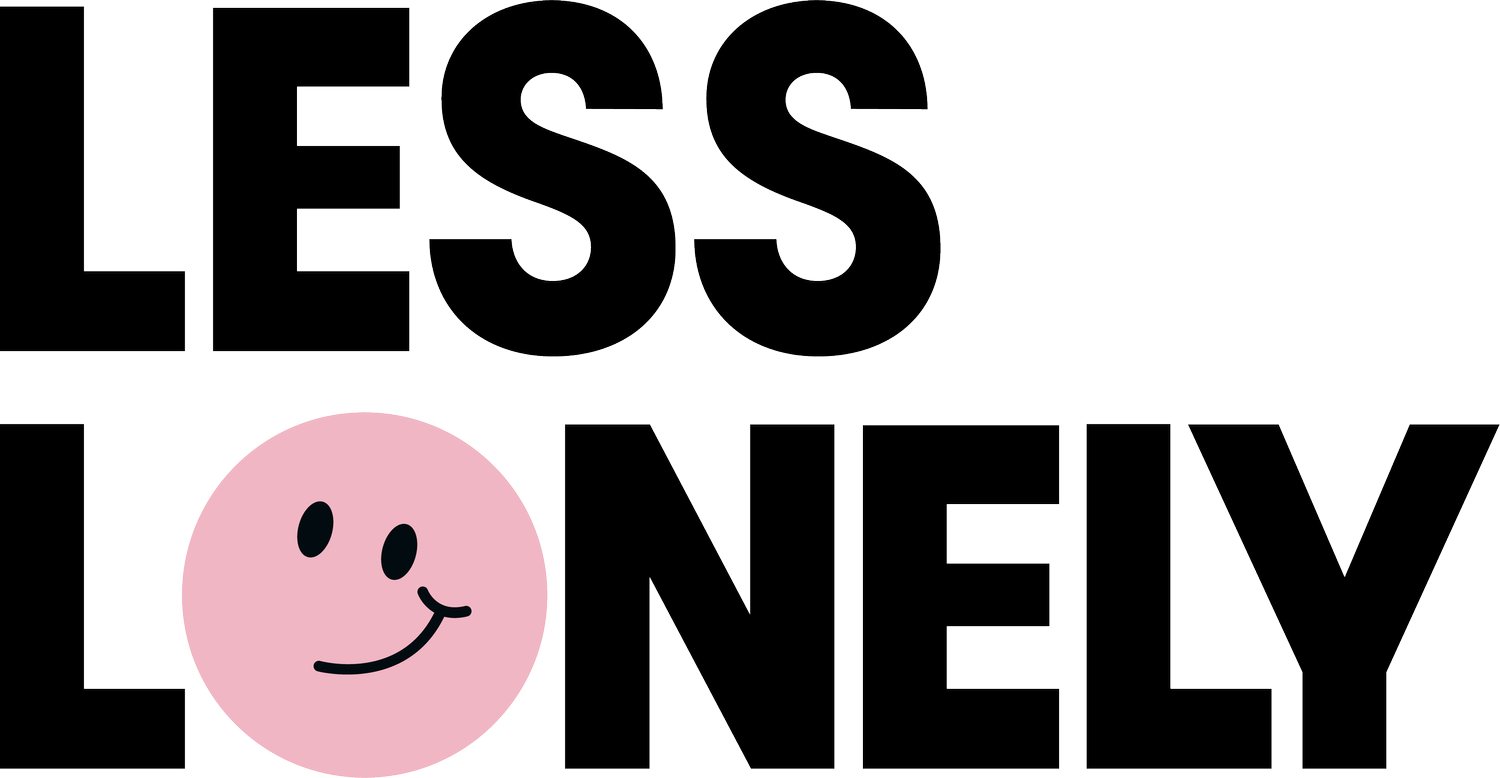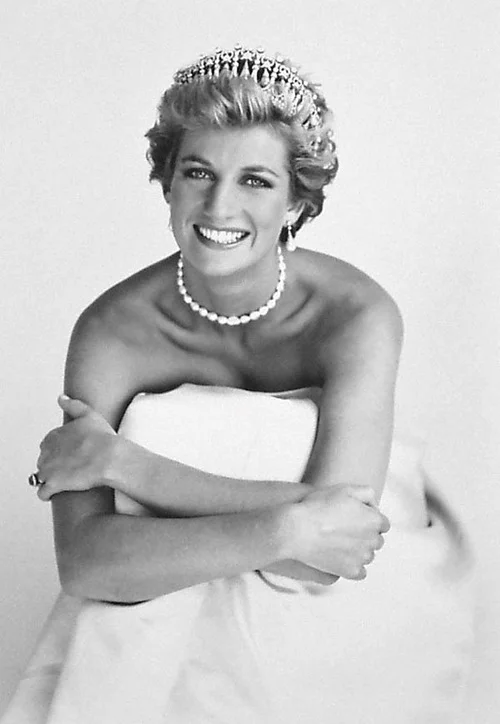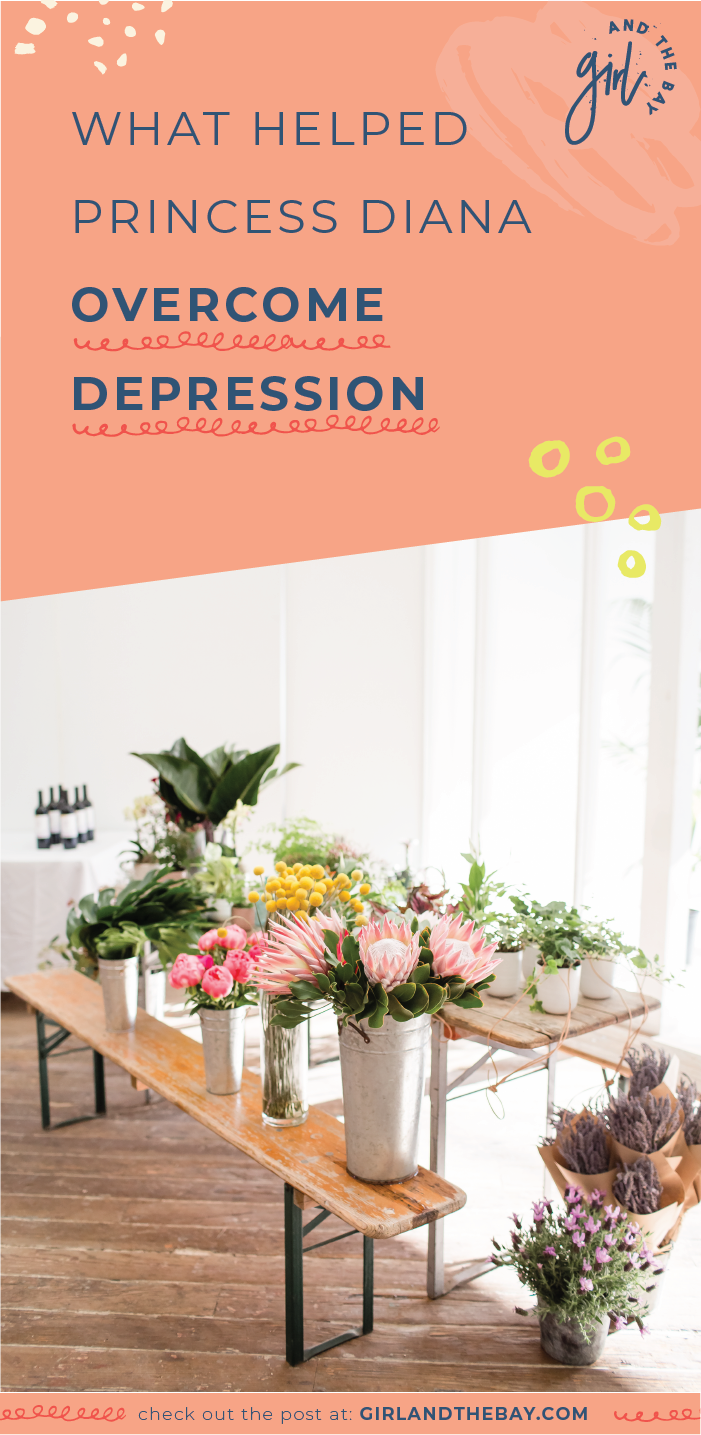What Helped Princess Diana Overcome Depression
Getty Images
I have always had a fascination with Princess Diana (ok, my crush on a 8 year old Prince William might have kinda sorta fueled that adoration for the Princess). As a young child, her personable and authentic spirit still shined through to me past the glitz, glamour and the crown. What I didn't know is that she faced depression.
The world so wants to remember Princess Diana through rose colored specs...after all, she was the People's Princess. Beautiful, relatable, philanthropic and a fashion icon - how could you not be blinded by it all?
With the anniversary of her death, new documentaries have surfaced (that I may or may not have binge watched one Sunday afternoon) that delve deeper into the more personal parts of Princess Diana's life. While everyone knew back then about her troubled personal life, the People’s Princess struggle with mental health is heavy and oh so real.
“The bulimia started the week after we got engaged. My husband put his hand on my waistline and said something like, ‘Oh, a bit chubby here, aren’t we?'”
Diana: In Her Own Words—reveals a little-known side of the late princess, just months after her children (Prince Harry, Prince William, and his wife, Kate Middleton) participated in a video aimed to destigmatize mental-health issues. The documentary highlights interviews with Princess Diana’s close friend James Colthurst.
Diana was incredibly transparent about struggles about her marital struggles, who wasn't just unfaithful to her before they even got married but who, through his unfiltered comments, may have triggered an eating disorder.
Then just months after her 1981 wedding, matters only got worse as she started having suicidal thoughts, only to have experts try and “fix her” with medication.
“I was about to cut my wrists. I came to seek treatment. I was in such a bad way. Couldn’t sleep, didn’t eat, the whole world was collapsing around me. All the analysts and psychiatrists you can ever dream of came plodding in. Tried to sort me out. Put me on high doses of valium. It was me telling them what I needed. They were telling me, ‘Pills.’ But the Diana that was still very much there decided that it was just time, patience, and adapting that was all that was needed.”
Time was indeed a healer, and the Princess gave major mental-health props to something you’d never expect: a haircut. The refreshed look she got in 1990 from celebrity hairstylist Sam McKnight made her feel like a new person.
“I suddenly felt so much stronger, mentally and physically, so I was able to soldier on,” she said.
A haircut?! Ok, so basically...if Princess Diana was here today, she'd have a membership at her local Drybar. Self-care is so important and when you're struggling with mental health and depression, it's often the hardest thing to get yourself to do. Exercise, ironing your clothes, spending a couple extra minutes on that face contour game - it's not about vanity, it's about putting yourself first and being the best version of you.
Soon Diana shifted her energy, taking it off her unhappy marriage and focusing on positivity and change. She devoted countless hours to charity work and worked to change the public’s mindset on everything from HIV to leprosy. She also focused her attention on her sons, teaching them both a modern approach to monarchy that focused on the people, not the titles.
“It took me six years to get comfortable in this skin, and now I’m ready to go forward.”
Given what Princess Diana claimed to be her greatest achievement at the time of the interview, it’s safe to say she practiced what she preached: “To not bow down to pressure,” she said. “You know, not let all this chat disturb me. It took me six years to get comfortable in this skin, and now I’m ready to go forward.”
Diana’s struggles can teach us all an important lesson: No matter what you’re going through in life, there’s always a way to begin to turn things around. Even if that just means scheduling a trip to the salon.
According to the World Health Organization, depression is the globe’s leading health threat — don't be afraid to seek help (or even download the Headspace App for starters). You'll be surprised at how incorporating even the smallest doses of meditation, exercise and/or therapy can help you feel a lot better and set you up for success on your road to healing. You are worth the effort.


